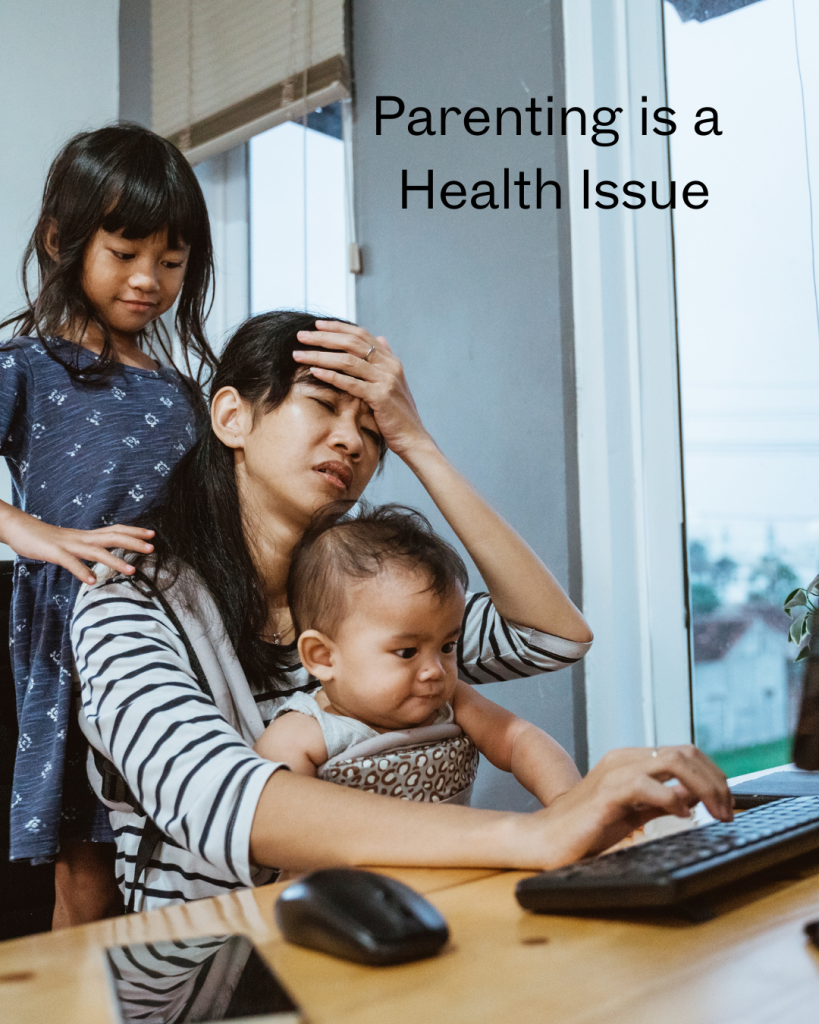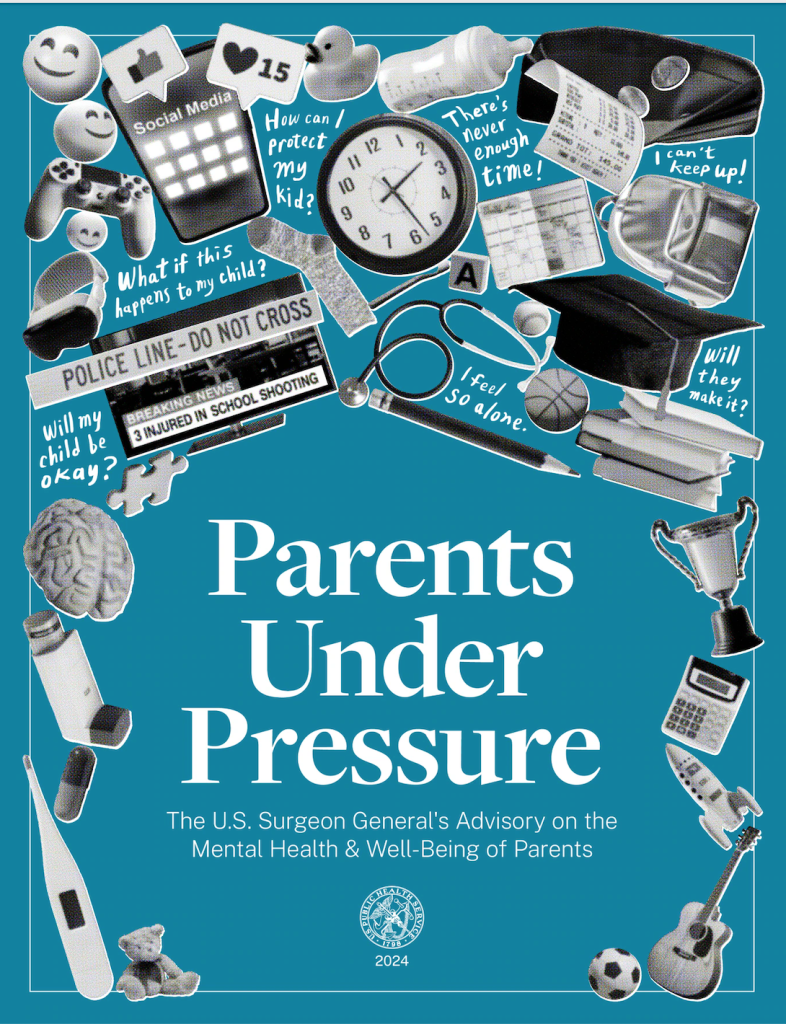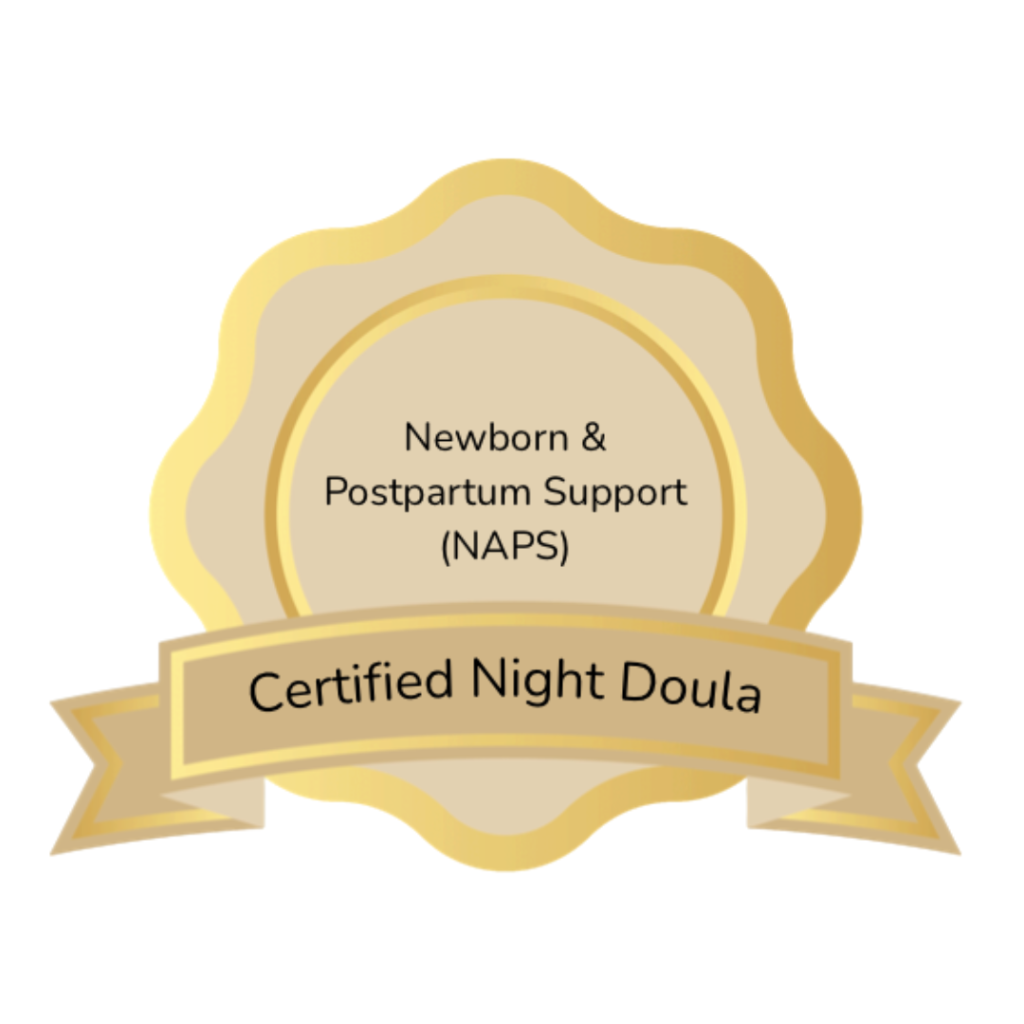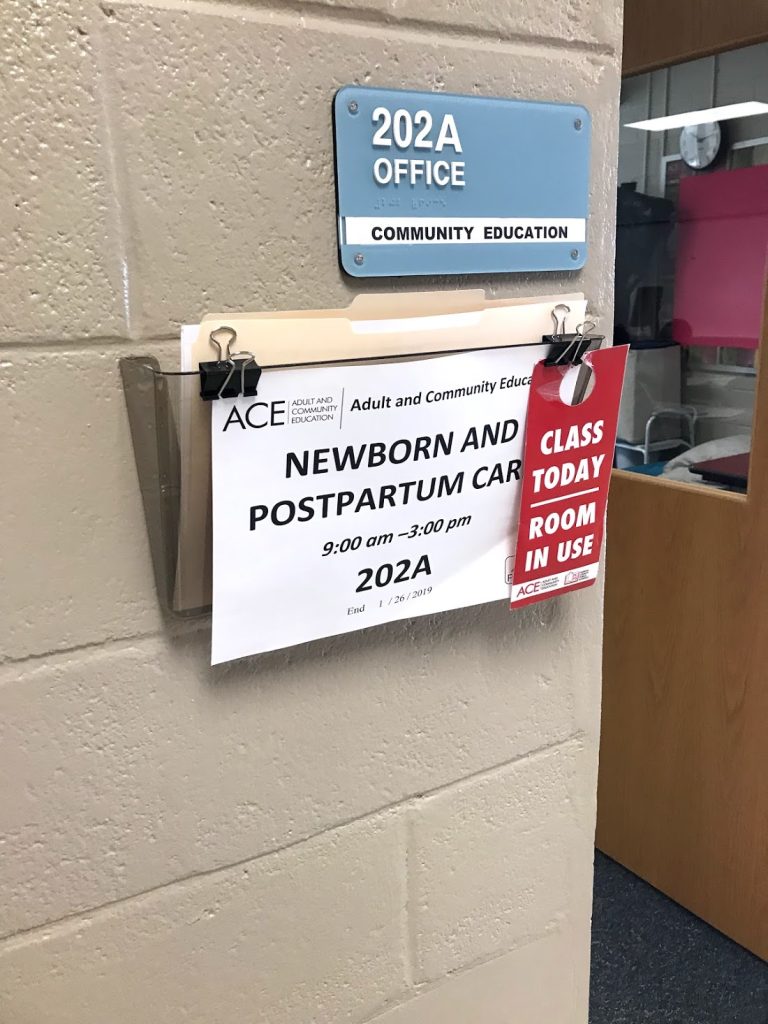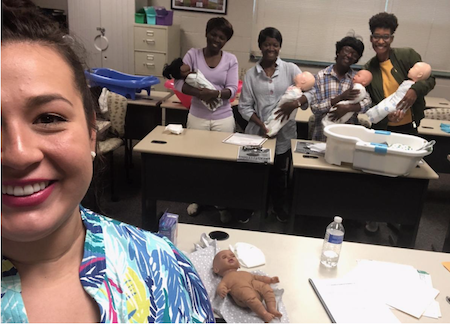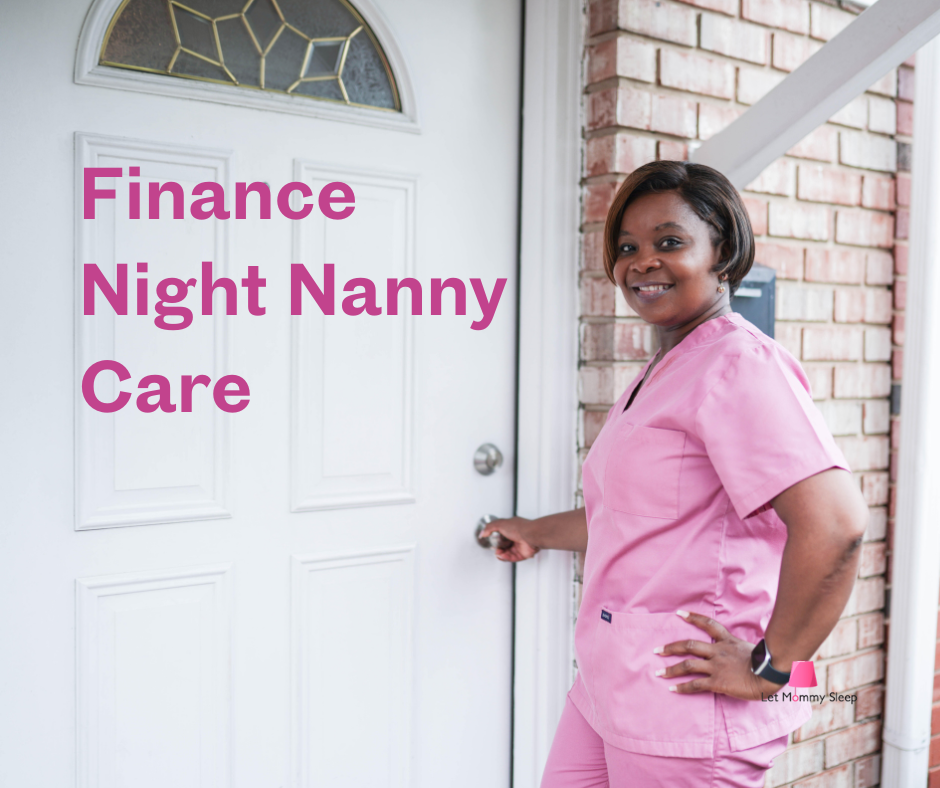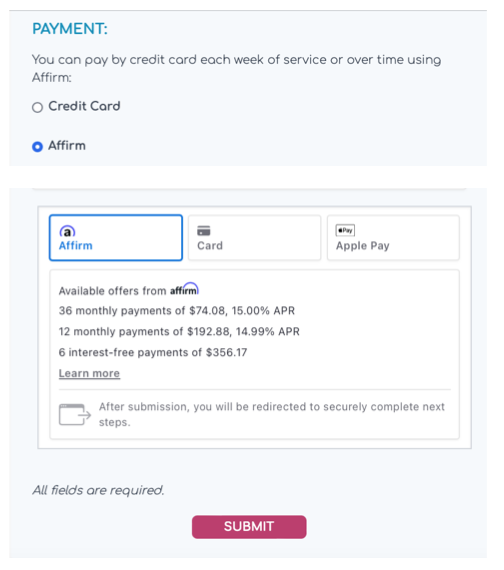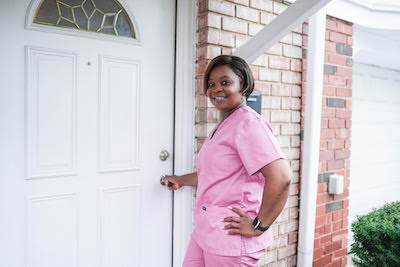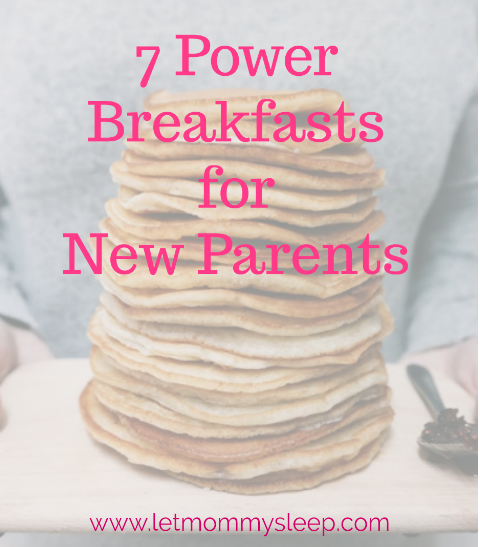
updated Nov 16, 2025– Everyone has a favorite dinner they like to bring when a new baby is born, but breakfast sets a healthy tone for the whole day. Here are 7 power breakfasts perfect for postpartum parents, families with twins or anyone in need of a healthy morning meal.
Coffee (Yes, Even If Breastfeeding)
Caffeine is safe during breastfeeding in moderate amounts. Most medical sources, including La Leche League, agree that up to 200 mg/day (about 2 cups) is fine for most nursing parents.
Besides coffee, these breakfasts will keep energy up:
Protein Pancakes
Why they help: Protein is so important for energy and recuperation, especially if you’re breastfeeding!
- 12 egg whites or 1 ½ c liquid egg whites (do the liquid egg whites, much easier)
- A Cup of rolled oats, pulsed until ground
- 1 banana, mushed
- 1 tsp cinnamon
- Mix ingredients together in a bowl. Cook like a regular pancake. Top with almond butter, greek yogurt, fresh fruit
Double the batch, freeze some and then microwave as needed
Egg Muffins
Why they help: As postpartum doulas and night nannies, we bring these meals often because parents can eat them one-handed while holding baby.
- 3 packages Crescent Rolls
- 1 package of sausage (the kind that is in a tube, not in a roll)
- 8 eggs
- Veggies
- Cheese (I use a cheese blend)
- Salsa (optional)
Preheat oven to 375
Cook sausage according to directions. Put half aside and freeze for another time. Whisk the eggs together, add salt and pepper to taste. Saute the vegetables for a few minutes until soft. Add eggs, stirring constantly. Add in sausage and cheese, finish cooking. Set aside egg mixture.
Take the crescent rolls and open them. Take two triangles and press them in a muffin tin. Add 2 spoonfuls of the veggie/egg/sausage mixture, add the salsa on top, if using. Close up the roll and repeat 12 times. Brush with one egg white and bake for 12 min at 375 until golden brown. You can wrap them individually in plastic wrap, keep in the freezer, and microwave as needed
Protein Toast
Why this helps: This combo delivers complex carbs, healthy fats and potassium, giving new parents steady energy without a sugar crash. The fiber and protein also help keep you full.
- Ezekiel Bread
- Almond Butter
- 1 banana
- Toast one piece of Ezekiel bread. Spread with almond butter and 1 banana. You can add chia seeds, if you want.
Mixed Berry Protein Smoothie
Why this helps: These are a staple among parents of newborn twins! Berries deliver antioxidants and vitamin C, yogurt or milk adds protein and the natural carbs provide steady energy. Smoothies are hydrating, filling and gentle on a tired stomach, ideal for early mornings or late-night feeds.
- 1 cup frozen berries
- 1 c mixed berries
- ½ c rolled oats
- 1 tsp vanilla
- ½ c nut butter (almond, etc)
- 1 ½ c Almond Milk
Blend smoothie together. You can put together some smoothie bags ahead of time so all you have to do is empty the smoothie into the blender and add your liquid.
7 Power Breakfasts for New Parents – Tropical Smoothie
- 1 cup frozen tropical fruit blend
- 1 C frozen peaches
- Cup of spinach
- 2 t unsweetened shredded coconut
- 1 t chia seeds
- 8 oz coconut water
- Ice (optional)
Mix ingredients together and then top with some unsweetened coconut. You can put together some smoothie bags ahead of time so all you have to do is empty the smoothie into the blender and add your liquid.
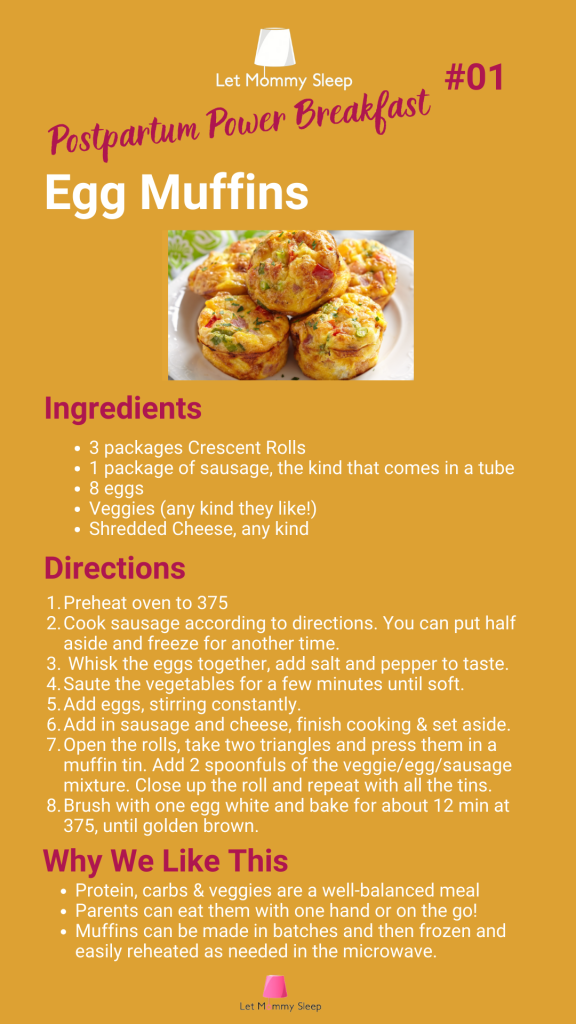
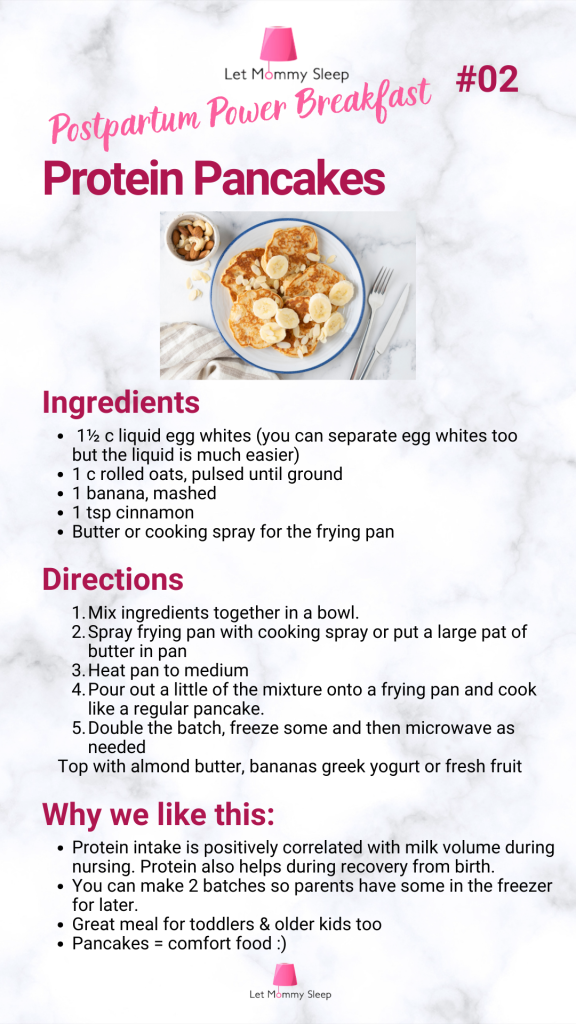
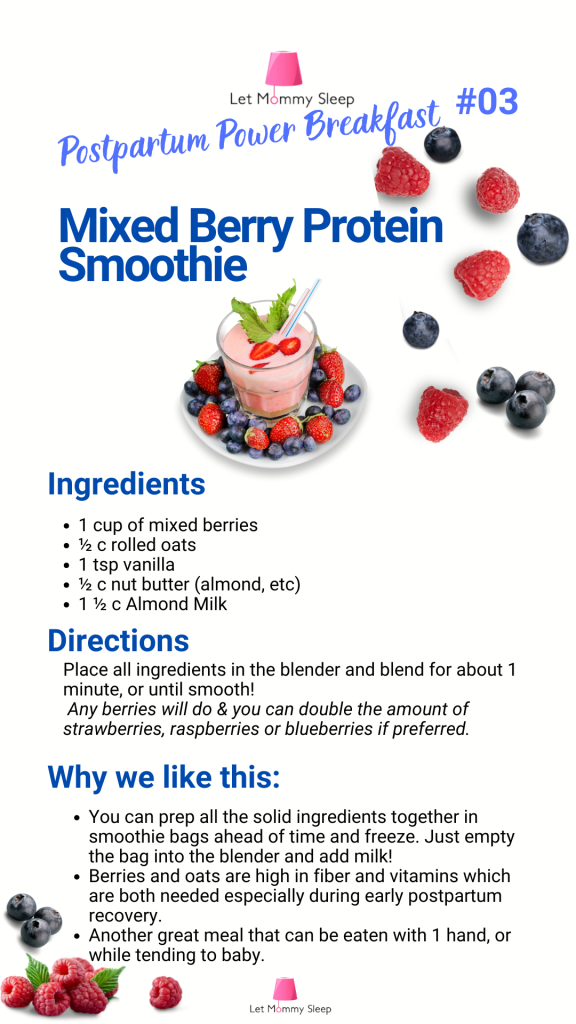
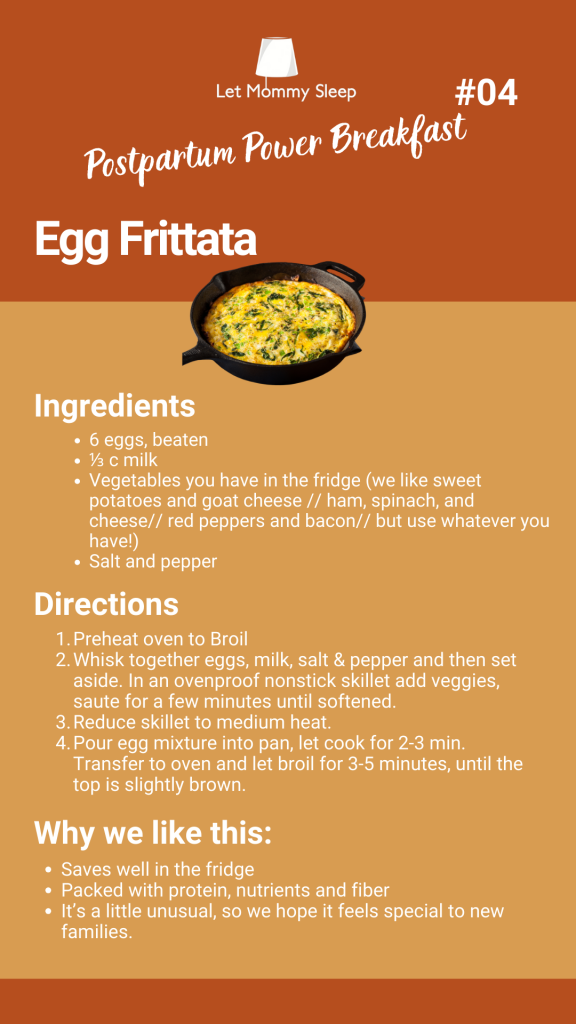
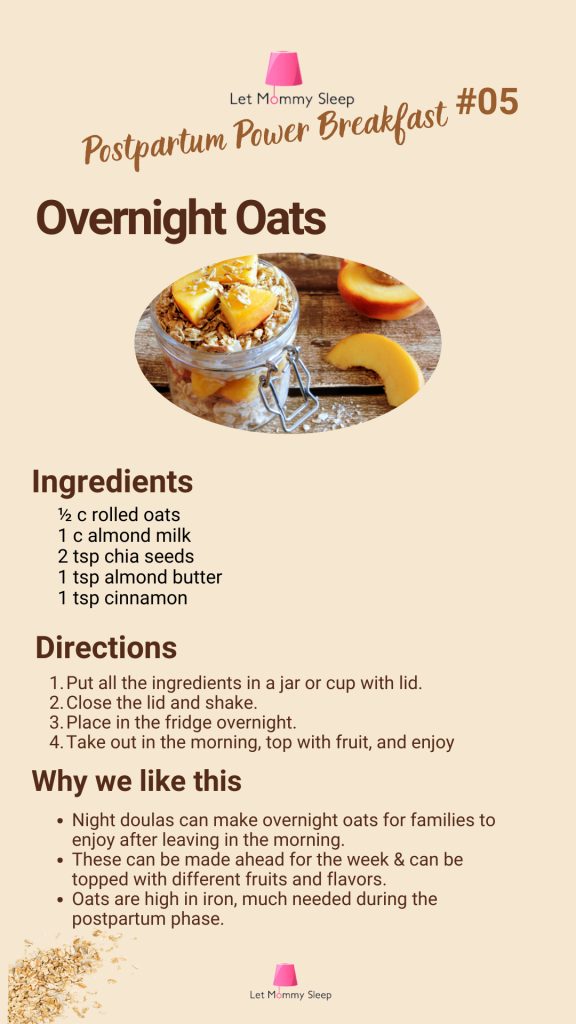
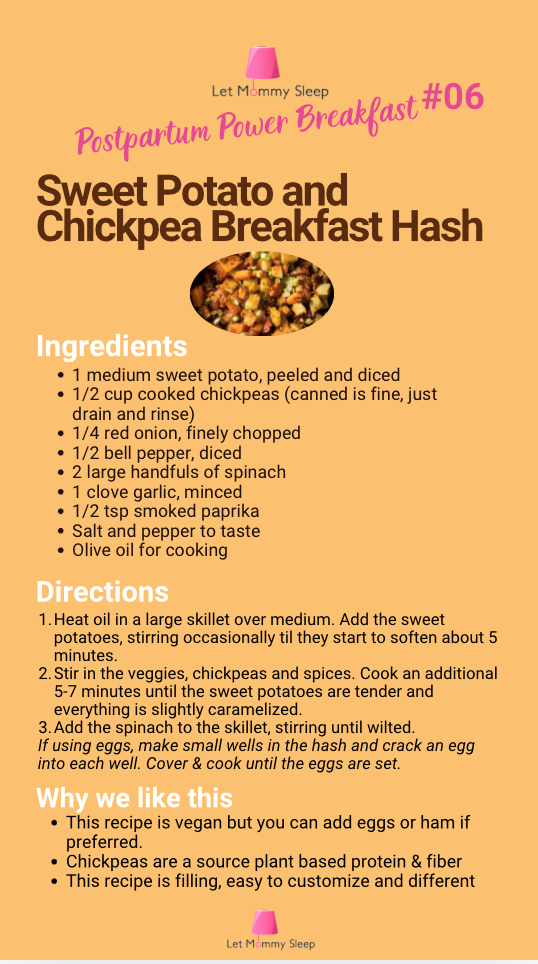
Overnight Oats
Why it helps: Overnight oats deliver slow-release carbs and fiber, which keep energy steady through those unpredictable newborn mornings. The chia and nut butter add protein and healthy fats, making this a balanced, grab-and-go meal you can eat even if you only have one hand available.
Fill a mason jar with the following:
- ½ c rolled oats
- 1 c almond milk
- 2 tsp chia seeds
- 1 t almond butter
- 1 t cinnamon
Put lid on the jar, shake, and place in the fridge overnight. Take out in the morning, top with fruit, and enjoy
Egg Frittata
Why it helps: A frittata packs protein, veggies, and healthy fats into one pan, giving parents steady energy and keeping hunger in check longer than sugary breakfasts. It reheats beautifully, which means zero morning prep—just slice, warm, and eat while the baby naps (or doesn’t).
- 6 eggs, beaten
- ⅓ c milk
- Vegetables you have in the fridge (we like sweet potatoes and goat cheese // ham, spinach, and cheese// red peppers and bacon// but use whatever you have!)
- Salt and pepper
Preheat oven to Broil
Whisk together eggs, milks, salt and pepper and then set aside. In an ovenproof nonstick skillet add your veggies, saute for a few minutes until softened. Reduce skillet to medium heat. Pour egg mixture into pan, let cook for 2-3 min. Transfer to oven and let broil for 3-5 minutes, until the top is slightly brown. This saves well in the fridge.
Vegan Sweet Potato & Chickpea Hash
Why it helps: This hash is loaded with complex carbs, plant-based protein, and iron-rich veggies, giving parents long-lasting energy without a crash. The sweet potatoes and chickpeas keep you full, while the veggies add nutrients new parents often miss when meals get chaotic. It’s also naturally dairy-free and reheats well, making it a flexible, nutrient-dense option for busy mornings.
1 medium sweet potato, peeled and diced
1/2 cup cooked chickpeas (canned is fine, just drain and rinse)
1/4 red onion, finely chopped
1/2 bell pepper, diced
2 large handfuls of spinach
1 clove garlic, minced
1/2 tsp smoked paprika
Salt and pepper to taste
Olive oil for cooking
Heat oil in a large skillet over medium. Add the sweet potatoes, stirring occasionally til they start to soften about 5 minutes.
Stir in the veggies, chickpeas and spices. Cook an additional 5-7 minutes until the sweet potatoes are tender and everything is slightly caramelized.
Add the spinach to the skillet, stirring until wilted.
If using eggs, make small wells in the hash and crack an egg
into each well. Cover & cook until the eggs are set.
FAQ’s
What are the best easy breakfasts for new parents? High-protein, easy-to-eat meals like egg muffins, protein toast, smoothies, and overnight oats are ideal. They boost energy, can be prepped ahead, and work well for one-handed eating while holding a newborn.”
Is coffee safe while breastfeeding? Yes. Most experts, including La Leche League, say up to 200 mg of caffeine per day (about 1–2 cups of coffee) is safe when you’re breastfeeding.
What food should a postpartum doula or night nanny bring? Portable, reheatable breakfasts such as egg muffins, protein pancakes and smoothie kits are perfect. Meals that require no utensils and stay fresh overnight are especially helpful.
What foods support postpartum recovery? Protein, complex carbohydrates, and healthy fats support healing and stable energy. Foods rich in iron, vitamin D and omega-3s—like oats, eggs, leafy greens, berries, and nut butters—are especially beneficial.
What’s a good quick breakfast for breastfeeding moms? Meals with balanced protein and carbs—such as oatmeal with nut butter, a smoothie with oats, or protein toast—help stabilize blood sugar and maintain milk supply.
What should I bring a family with newborn twins? Double-friendly meals like egg muffins, smoothie packs or a ready-made frittata are lifesavers. Anything that can be eaten hot, cold or one-handed is a win.
Bringing brand new parents a homemade meal, or having a healthy meal delivered is a wonderful way to support them and be part of their village!


